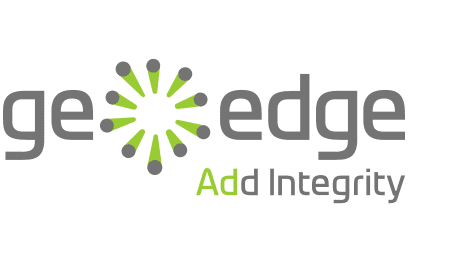GeoEdge research has revealed that Italy, Great Britain, and Germany currently face the highest rate of deceptive advertising in Europe. Italian consumers are increasingly susceptible to clickbait ad scams, which capitalize on the popularity and influence of prominent celebrities, and deceive consumers with fraudulent products. In Italy, clickbait creative accounts for 70% of all ad threats, duping users with financial scams and misleading product offers. Italian mobile users are particularly vulnerable, with 88% of threats specifically targeting mobile devices.

On top of financial scams and misleading product offers; forced browser notifications, and malicious extensions/ add-ons dominate the deceptive advertising landscape as the top frequently served ad scams.
Auto-redirects remain another prevalent issue, constituting 24% of the ad security threats in Italy. These auto-redirects wreak havoc on users’ experiences by forcibly sending them to explicit or malicious websites. The recent surge of bad ads has garnered significant media attention, with a popular TV series highlighting the increasingly deceptive ad landscape. The series raises concerns about the lack of action against unauthorized image use and sheds light on the challenges faced in combating misleading advertising.



Figure 2a, 2b. 2c: Misleading Ads and Financial Scams Detected by GeoEdge
Italian users are targeted on a daily basis by seemingly legitimate ads. Figures 2a, showcases a misleading product offer that entices users with the promise of uncovering the secret to celebrity weight loss, only to redirect them to a deceptive website. In Figure 2b, an ad creative employs Meghan Markle’s likeness to lure users, but instead of delivering legitimate content, it redirects them to a malicious URL, indicating a financial scam. Figure 2c presents a deceptive ad creative that tempts users with alluring promises of “creative ways to save money,” only to deceitfully redirect them to a malicious page, highlighting yet another financial scam.
Further analysis of the European advertising landscape revealed that, Romania, Poland, France, the Netherlands, and Spain rank as the next most vulnerable countries to deceptive advertising attacks. User experience, user safety, and the integrity of digital media are all compromised by clickbait advertising. GeoEdge protection proactively blocks clickbait ads and prevents unwanted ads from reaching your site, safeguarding your users from malicious scams. If your site has been hit by deceptive ads, get in touch the GeoEdge Team to test-drive our real-time clickbait prevention.











